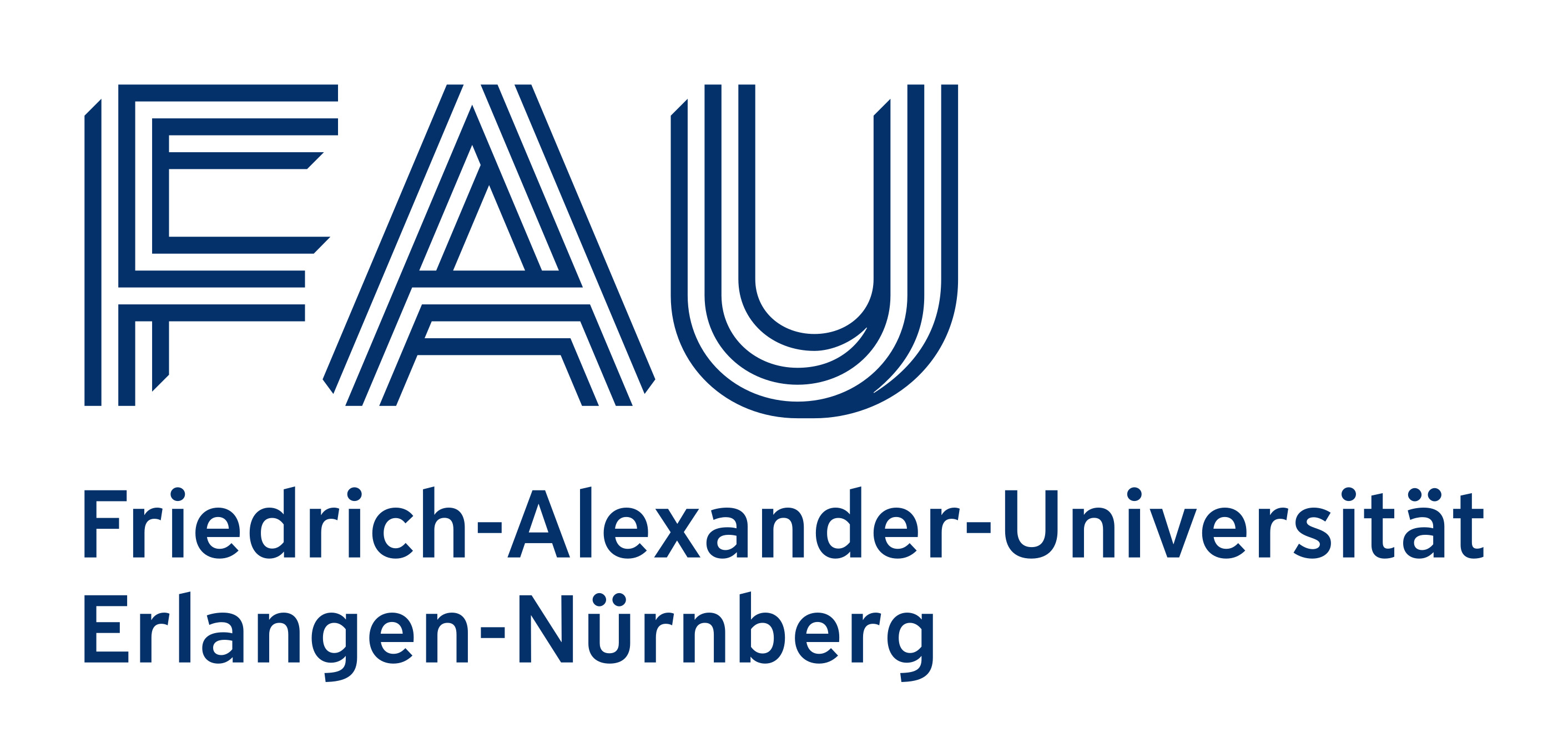Constitutional courts and transnational solidarity conflicts
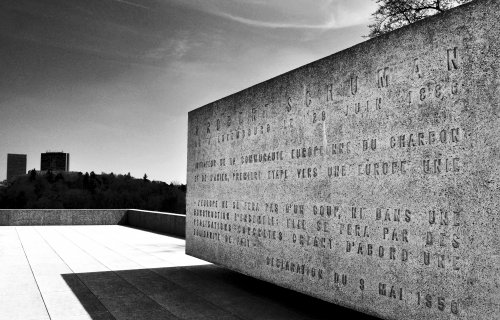
Conflict and conflict resolution
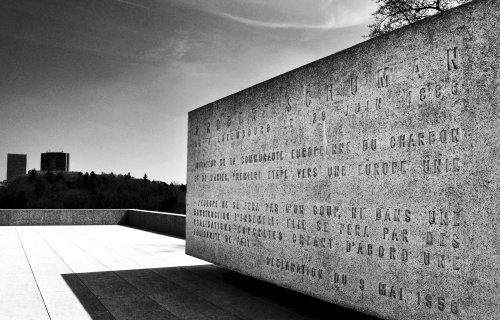
Research material
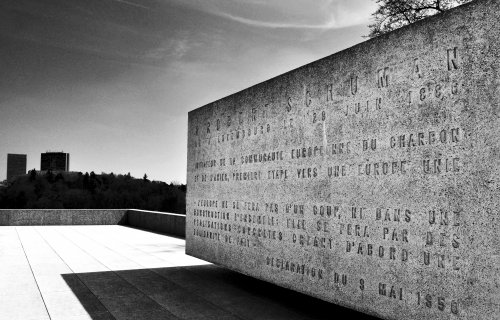
Research aims
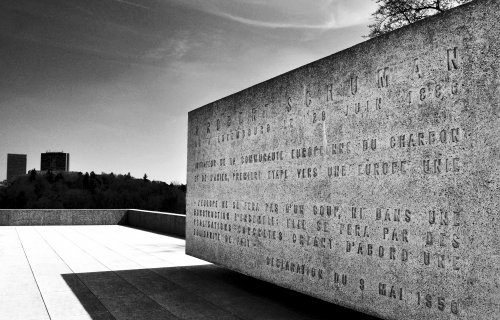
Affiliation
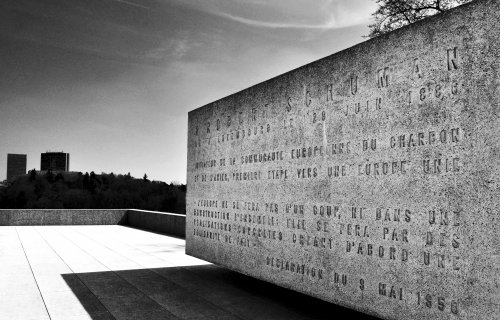
Projects
2. Constitutional courts as fora of conflict resolution
On the empirical level, the research project examines the question of why national constitutional courts and apex courts become central fora for the resolution of TSC (hereinafter the term constitutional court is used for both types of courts). The hypothesis is that constitutional courts are addressed because the parliamentary way does not appear strategically reasonable due to the limited scope of action national parliaments are witnessing during the Eurozone Crisis. At the same time, the prospects of contesting the validity of austerity measures or measures of currency hedging before European courts are considered minimal regarding their contained jurisprudence. By contrast, social actors perceive national constitutional courts as appropriate fora for achieving the symbolical recognition of a TSC.
From a political science perspective, the second subproject analyzes which judicial and political opportunity structures have created the current situation where national constitutional courts are perceived as adequate fora for the resolution of TSC. These opportunity structures are likely to vary according to the conflict types differentiated in subproject 1.
The second subproject also studies how social conflicts have to be articulated and represented in order to be dealt with as constitutional issues and how the specific judicial form of representation of conflict retroacts on the political dynamics of these conflicts. In this context one of the main concerns is to disclose the relationship between conflict resolution by constitutional courts and the politicization of transnational solidarity conflicts as conflicts about the legitimacy of public authority within the EU.
- Are judicial conflict resolution and politicization mutually harmful or are they part of a common process?
- In the course of controversies about the financial and economic crisis, did new political coalitions emerge, to whom social actors might refer in resolving conflicts beyond judicial review?
- How do political and social actors interpret the role of national constitutional courts as fora for conflict resolution?
-
The Case for Corona Bonds
Anuscheh Farahat supports Matthias Goldmann's proposal for corona bonds
-
Brent Spar Revisited?
Kristina Schönfeldt's Blogpost on German Practice in International Law
-
From Constitutional Normality to the State of Emergency
Teresa Violante's and Rui T. Lanceiro's blogpost on the coping with Covid-19 in Portugal
-
Against the Apocalyptic Swan Song: A Plea for Practical Hope
Anuscheh Farahat's intervention on the Verfassungsblog
-
Combatting TINA-Rhetoric through Judicial Review
Anuscheh Farahat and Teresa Violante on constitutional review in times of austerity
-
(Not) Striking down Surrogate Motherhood
Teresa Violante on the Recent Decision of the Portuguese Constitutional Court
-
Populism as a wildcard of the democratic promise
Marius Hildebrand together with Astrid Séville and Conrad Lluis Martell on Soziopolis
-
Constitutional complaint in Portugal?
Teresa Violante's opinion on the possible introduction of the constitutional complaint in Portugal
-
Pushing for transformation
Anuscheh Farahat about transformative constitutionalism on the international law blog
-
Disenchantment failed
Marius Hildebrand on the Swiss People's Party as avantgarde of the New Right in Europe

